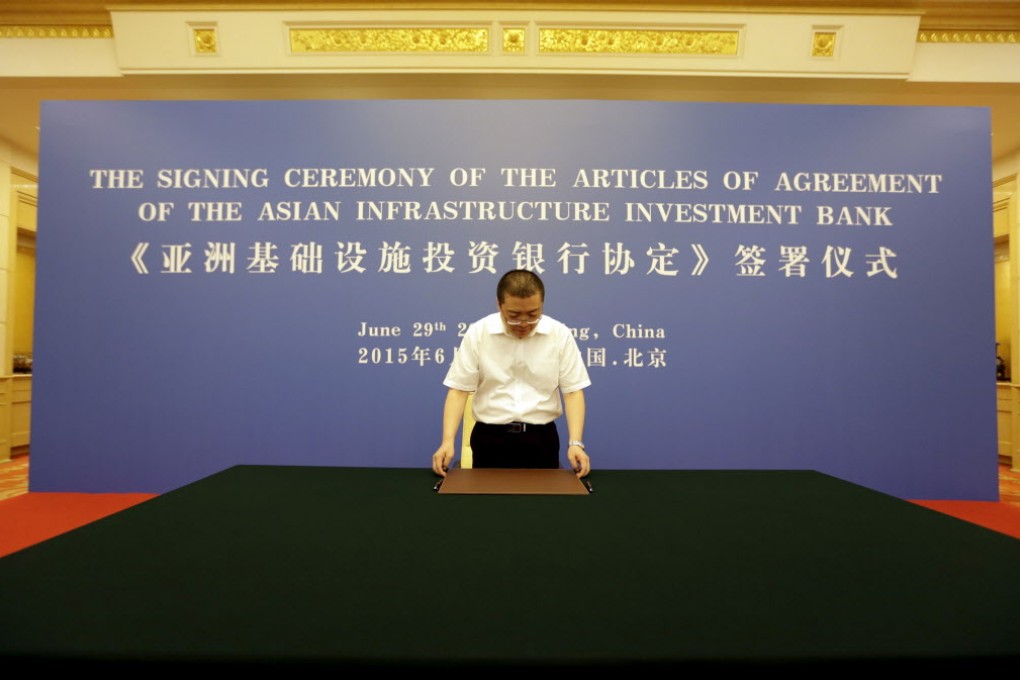United Nations highlights ‘One Belt, One Road’ crime risks
United Nations Office on Drugs and Crime says Beijing’s initiative and its investment bank could be exploited; AIIB spokesman plays down risk

China’s flagship international economic and trade policies, key initiatives backed and promoted by Hong Kong, are susceptible to cross-border organised crime, a newly released United Nations report has warned.
President Xi Jinping’s “One Belt, One Road” strategic initiative and the Asian Infrastructure and Investment Bank (AIIB) are among new economic and development opportunities that presented “significant security challenges” to the region because they lacked adequate “safeguards” to prevent cross-border criminality.
The UN office on Drugs and Crime (UNODC) report said countries were geared towards the trade and integration agenda but law-enforcement protection agenda was lacking to prevent cross-border criminal activity.
The AIIB defended itself against accusations stating it would “not knowingly” finance questionable projects.
A conservative estimate of organised criminal revenues in East Asia and the Pacific is US$100 billion - surpassing the GDP of several states in that region, including Lao PDR, Cambodia and Myanmar combined.
READ MORE: Trade along China’s ‘One Belt, One Road’ won’t succeed without the currency of trust
“Intensifying inter-regional connections have already exacerbated threats to ASEAN members, such as drug trafficking and wildlife trafficking,” the UN said, citing One Belt, One Road, which spans two continents and connects 60 countries of 4.4 billion people.